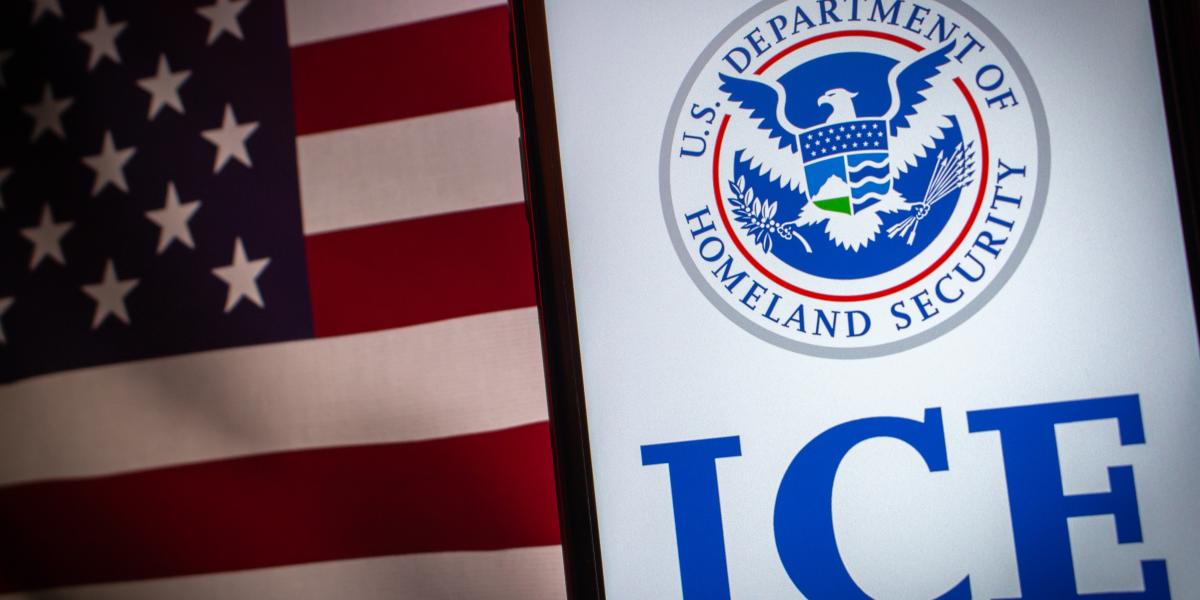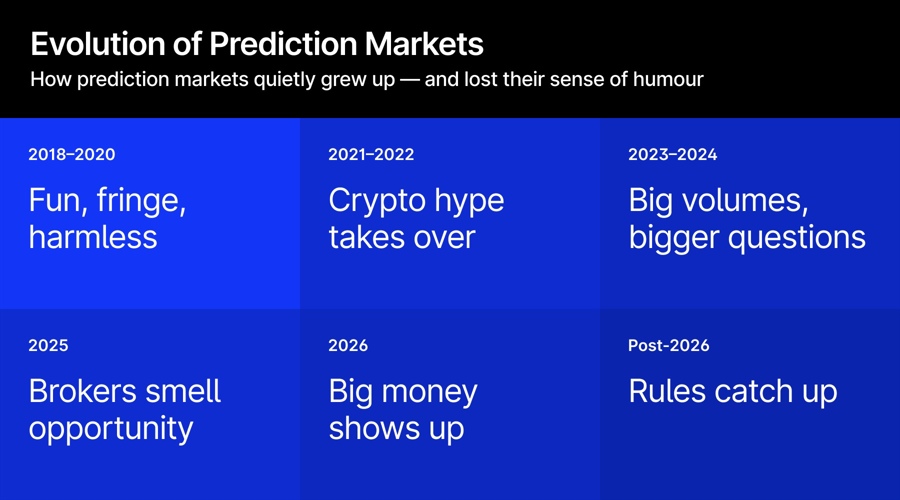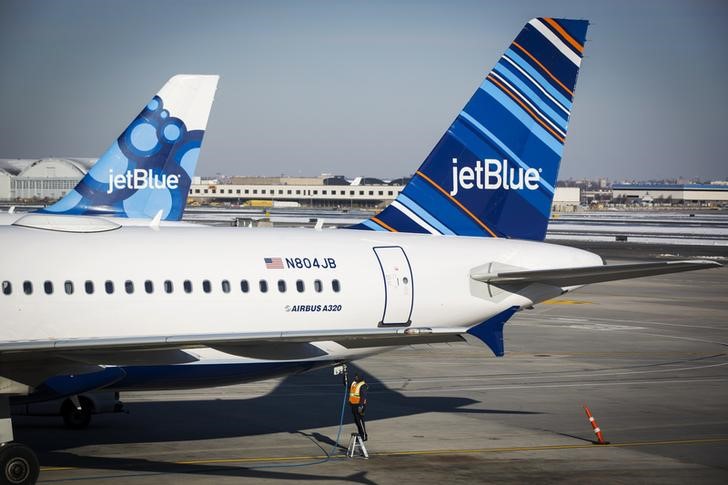© Reuters. FILE PHOTO: A JetBlue Airways jet comes in for a landing after flights earlier were grounded during an FAA system outage at Laguardia Airport in New York City, New York, U.S., January 11, 2023. REUTERS/Mike Segar/File Photo
By Rajesh Kumar Singh
CHICAGO (Reuters) – A U.S. federal lawsuit to block JetBlue Airways (NASDAQ:) Corp’s purchase of Spirit Airlines (NYSE:) has raised hurdles for future airline deals, making it harder for companies to pursue growth and manage costs.
The U.S. Justice Department’s lawsuit on Tuesday comes at a time when U.S. carriers are struggling to boost capacity because of shortages of pilots and aircraft. They are also facing higher costs following a run-up in fuel and labor bills.
Mergers and acquisitions are a time-honored way for companies to both boost revenue and profit through cost cutting. But the DOJ lawsuit could send a chill through airline boardrooms, said Addison Schonland, partner at consulting firm AirInsight.
But the cost pressures are so onerous, airlines will have no choice but to keep kicking the tires on deals, he said.
“The hurdle has gone up clearly,” Schonland said. “This is going to slow things down, but it won’t stop it.”
If the Justice Department scuttles the $3.8 billion JetBlue-Spirit deal, he said the two airlines may look at other ways to collaborate, including codeshare agreements in which airlines market and sell tickets on the same flight under their own name and flight number.
Some Democratic lawmakers are not in favor of a further consolidation in the industry on concerns it would harm consumer interests. American Airlines (NASDAQ:), United Airlines, Delta Air Lines (NYSE:) and Southwest Airlines (NYSE:) control 80% of the domestic market.
“Americans want more choices and lower prices for airline tickets, not another giant merger,” U.S. Senator Elizabeth Warren said on Twitter on Tuesday.
Any airline seeking a merger under the Biden administration will have to be “very careful” about its choices and the way it plans to create value for the traveling public, said Henry Harteveldt, founder of travel consultancy Atmosphere Research Group.
“The government has said that it is not going to rubber- stamp mergers,” he said.
The lawsuit against the JetBlue-Spirit deal was widely expected because of the Biden administration’s crackdown on large deals between publicly listed companies, analysts said.
In fact, Spirit kept citing it as a risk when it initially spurned JetBlue’s offers.
Yet the New York-based carrier refused to give up its pursuit of Spirit as it viewed the deal as a way to expand its domestic footprint. It tried to buy Virgin America in 2016, but lost out to Alaska Air (NYSE:) Group Inc.
JetBlue has argued the Sprit deal, which would create the fifth-largest U.S. carrier with a market share of 9%, was good for competition and would allow it to better compete with the big airlines.
“By coming together, we will expand JetBlue’s unique offering – where customers do not have to choose between a low fare and a great experience – to boost competition nationally,” the airline said on Tuesday.
The Justice Department said the planned merger will result in “higher fares and fewer seats, harming millions of consumers on hundreds of routes.”






































